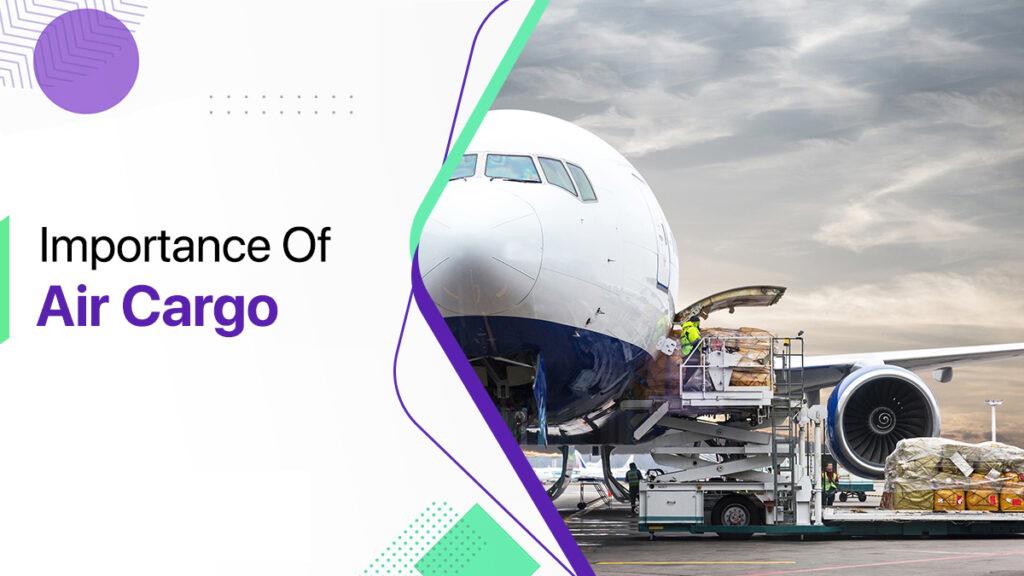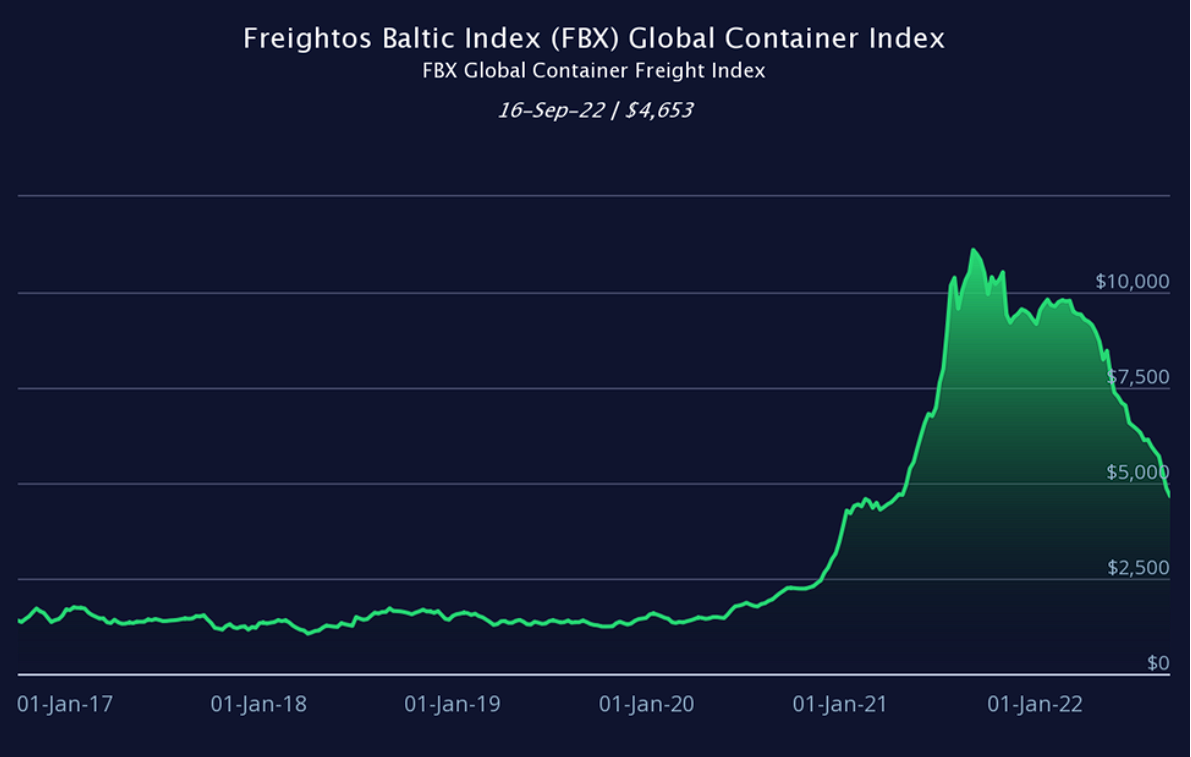
Starting June 1st, 2023 Our warehouse fee will be $0.65/cubic foot per month
In effort to lower the warehouse storage fee during inflation, we have went narrow aisle racking.This construction took us four months but the project is finally completed. With narrow aisle racking, we are able to drop storage by 24%.We as partners will go through this inflation together.
02/06/2023

As a result of a confluence of economic and political circumstances, the market that the air freight industry operates in is currently difficult to navigate. The industry has seen a fall in air cargo volumes in recent months due to a number of factors, including high inflation, which affects consumer spending, and the ongoing war in Ukraine, which disrupts trade flows. In this piece, we will take a comprehensive look at the current situation of the air cargo business, the primary variables that are influencing it, and what may be anticipated in the months ahead.
The rate of inflation is a vital economic indicator that has a significant impact on the economy as a whole around the world. Particularly high inflation rates can have a substantial impact on consumer spending, lowering people's purchasing power and making it more difficult for them to purchase products, particularly luxury items. As a result, this leads consumers to choose shipping methods that cost less money, which in turn decreases the demand for air cargo services. The fall in demand for air cargo services has an impact on the entire supply chain, from the manufacturers to the airlines and the providers of logistical services.
The fall in demand for services is only one aspect of the impact that inflation has had on the air freight industry. The cost of manufacturing is also impacted by inflation, which makes it more difficult and expensive for businesses to produce their items. This results in increased costs for goods and services, which further decreases demand for them. Inflation also lowers the purchasing power of consumers, which makes it more difficult for firms to sell their goods and services. This is especially true in developing countries, where average salaries are lower than in developed markets.
There has been a marked decrease in the demand for air cargo services in the region as a direct result of the ongoing conflict in Ukraine, which has a substantial influence on trade flows. Because of the violence, the movement of products and services has been disrupted, and it is now more difficult for businesses who operate in the region to convey their commodities to and from markets. In addition, the state of security in the region is becoming more precarious, making it impossible for businesses to function normally in the areas that are being affected. A decrease in the demand for air cargo services in the region has had a knock-on impact on the industry as a whole, which has led to a decrease in the volume of air cargo transported all over the world.
The strength of the United States dollar has had a considerable impact on the amount of goods that are shipped out of the country. Because of the higher dollar, the cost of exports has increased, which has led to a decrease in demand for air cargo services. This is especially true for exports to emerging economies, where other economic and political variables already contribute to the high cost of commodities. As a direct consequence of this, there has been a decrease in the number of air cargo transported, which has put an increased amount of pressure on airlines and logistics providers to discover new markets and change their pricing methods.
The decline in demand for services is not the only way in which the strength of the US dollar is having an effect on the air freight industry. The increased value of the dollar has a negative impact on the competitiveness of US exports, making it more difficult for US companies to compete with companies based in other nations. This results in a decrease in exports, which further reduces the need for services related to air cargo.
The presence of large amounts of inventory held by major merchants is another factor that has contributed to the reduction in air freight volumes. The decrease in demand for air freight services can be attributed to the fact that retailers are retaining more inventory than they require. This is because to the persistent unpredictability of the economy as well as the trend toward e-commerce, which has resulted in a decreased demand for actual retail space. As a consequence, there has been a fall in the volume of air cargo, which has increased the amount of pressure placed on airlines and logistics providers to discover new sources of demand.
The effects that large inventory levels have on the air cargo business can be broken down into two categories. To begin, there is a decrease in the demand for services related to air freight because there are fewer orders placed for items by retailers. Second, because stores are now storing more merchandise than they require, there is less of a demand for the services of air freight companies. This results in a decrease in the volume of air cargo, which places a significant amount of pressure on airlines and logistics companies to identify new sources of demand.
According to the International Air Transport Association (IATA), air cargo volumes are expected to decline 4.3% this year to 57.7 million tonnes. This is a significant drop from previous years and is a cause for concern for the industry. In addition, yields are expected to decline by around 22%, putting further pressure on airlines and logistics providers.
Mitigating the Impact of the Current Challenges
Despite these challenges, there are steps that can be taken to mitigate the impact on the air cargo industry. Airlines and logistics providers can focus on finding new markets, developing new products and services to meet changing customer needs, and investing in technology and automation to improve operational efficiency and reduce costs.
In conclusion, the air cargo industry is facing a challenging market as a result of a combination of economic and political factors. High inflation, the ongoing war in Ukraine, the strength of the US dollar, and high inventory levels among major retailers have all contributed to a decline in air cargo volumes. The future of the air cargo market will depend on the ability of airlines and logistics providers to navigate these challenges and find new opportunities for growth.
Arthur N
( Source: News Aggregator )
Developer

3PL - Third Party Logistics
05/14/2024

3PL - Third Party Logistics
03/29/2023

3PL - Third Party Logistics
03/30/2023
3PL - Third Party Logistics
03/20/2023

3PL - Third Party Logistics
05/12/2023